Android
Latest about Android

How to enable cross-platform Fortnite matches on all formats
By Iain Wilson last updated
Guide Get cross-platform Fortnite on PlayStation, Xbox, PC, and Switch

Best Palkia ex deck build in Pokemon TCG Pocket
By Joel Franey published
Guide The Palkia ex card in PTCGP is one of the best water-type decks right now
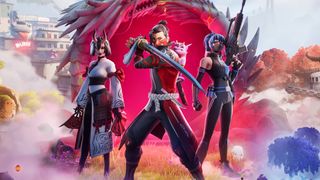
When does Fortnite Season 2 start in Chapter 6?
By Iain Wilson last updated
Guide Fortnite Season 2 of Chapter 6 is expected to launch on February 21, and here's what we know so far
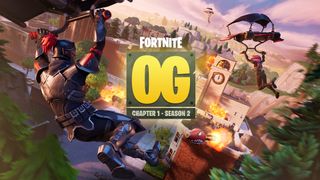
When does Fortnite OG Season 2 start?
By Iain Wilson last updated
Guide The Fortnite OG Season 2 release date is January 31, with the much-anticipated return of Tilted Towers
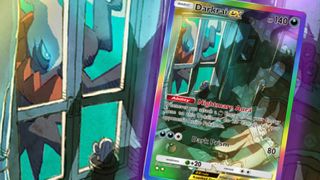
Best Pokemon TCG Pocket Darkrai and Weavile ex deck build
By Joel Franey last updated
Guide One of the best Dark type decks in PTCGP after the Space Time Smackdown set is focused on Darkrai ex and Weavile ex
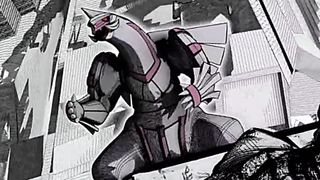
Pokemon TCG Pocket best decks and tier list (Feb 2025) Including Space-Time Smackdown
By Joel Franey last updated
Guide The best PTCGP decks are ranked in our tier list for the current meta
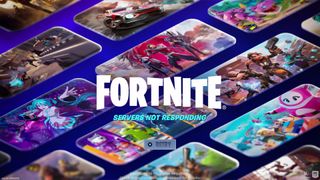
Is Fortnite down? And if so then how long is the Fortnite downtime?
By Iain Wilson last updated
Guide What to know if you're seeing the dreaded "Fortnite servers not responding" error
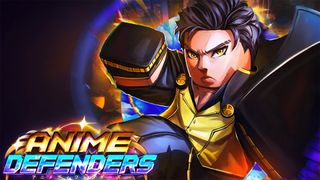
Roblox Anime Defenders codes (Feb 2025) for Gems and more
By Iain Wilson published
Guide Redeem these Anime Defenders codes in Roblox and stock up on resources to aid your tower defense
Sign up to the GamesRadar+ Newsletter
Weekly digests, tales from the communities you love, and more


